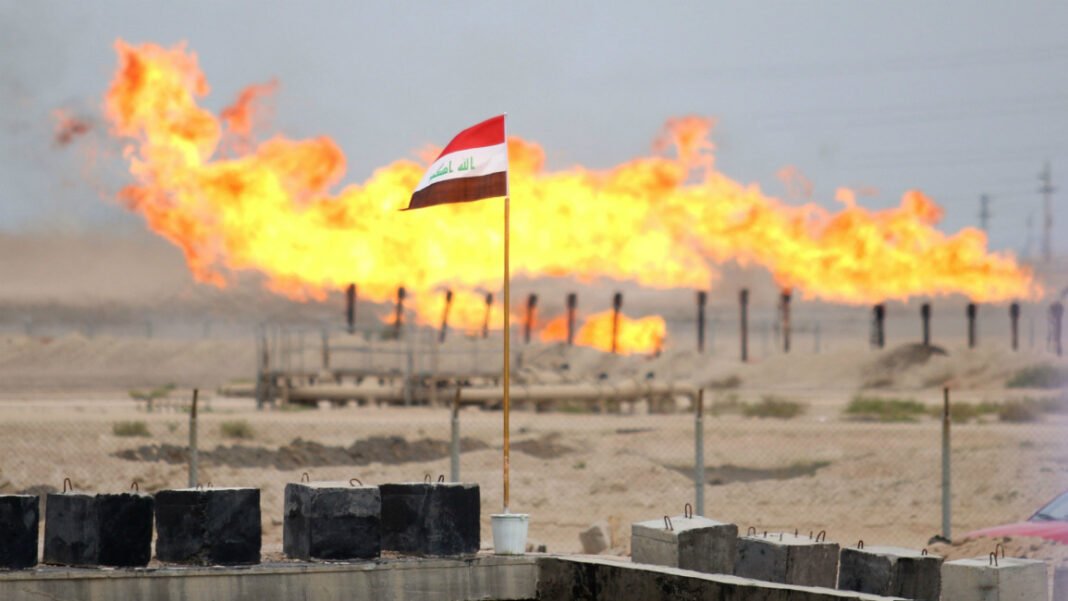Iraq’s crude exports to Jordan have dropped sharply in the first half of 2025. New figures show a decline of nearly 15% compared to the same period last year. The drop comes despite a previous agreement between both countries to increase oil flows.
According to official data from Iraq’s State Oil Marketing Organization, Iraq shipped just over 1.86 million barrels of crude oil to Jordan between January and June. This marks a 14.84% decrease compared to over 2.14 million barrels in the same months of the previous year.
The monthly figures paint a mixed picture. In January, exports stood at 309,980 barrels. They rose to 419,946 barrels in February but quickly dropped back to 309,765 barrels in March. April saw a further decline to 299,819 barrels. May slightly recovered with 309,906 barrels, but June plunged to 215,878 barrels — the lowest monthly volume this year.
This downward trend in Iraq’s crude exports to Jordan surprised many observers. Just two years ago, the two nations agreed to boost daily oil shipments. The deal increased daily flows from 10,000 barrels to 15,000 barrels. This aimed to raise total monthly deliveries from around 300,000 barrels to 450,000 barrels.
The agreement was designed to help meet nearly 10% of Jordan’s oil needs. However, the recent drop suggests delays, logistical issues, or shifting priorities in energy trade. While neither government has provided a full explanation, the data suggests that Iraq may be focusing more on alternative export markets.
Moreover, growing domestic demand inside Iraq may have affected its ability to meet export targets. Other factors may include transport challenges or refining bottlenecks that limit crude flow to neighboring countries.
Despite these challenges, both Iraq and Jordan are expected to continue their energy partnership. Observers believe that new talks may soon address the drop in crude deliveries and propose new solutions. Iraq’s crude exports to Jordan remain a vital link in the region’s energy strategy.
Going forward, both sides may need to review and adjust the agreement. Closer coordination could help restore stable oil flows and strengthen bilateral trade. Iraq’s crude exports to Jordan have played a key role in regional energy ties, and their recovery will benefit both economies.


